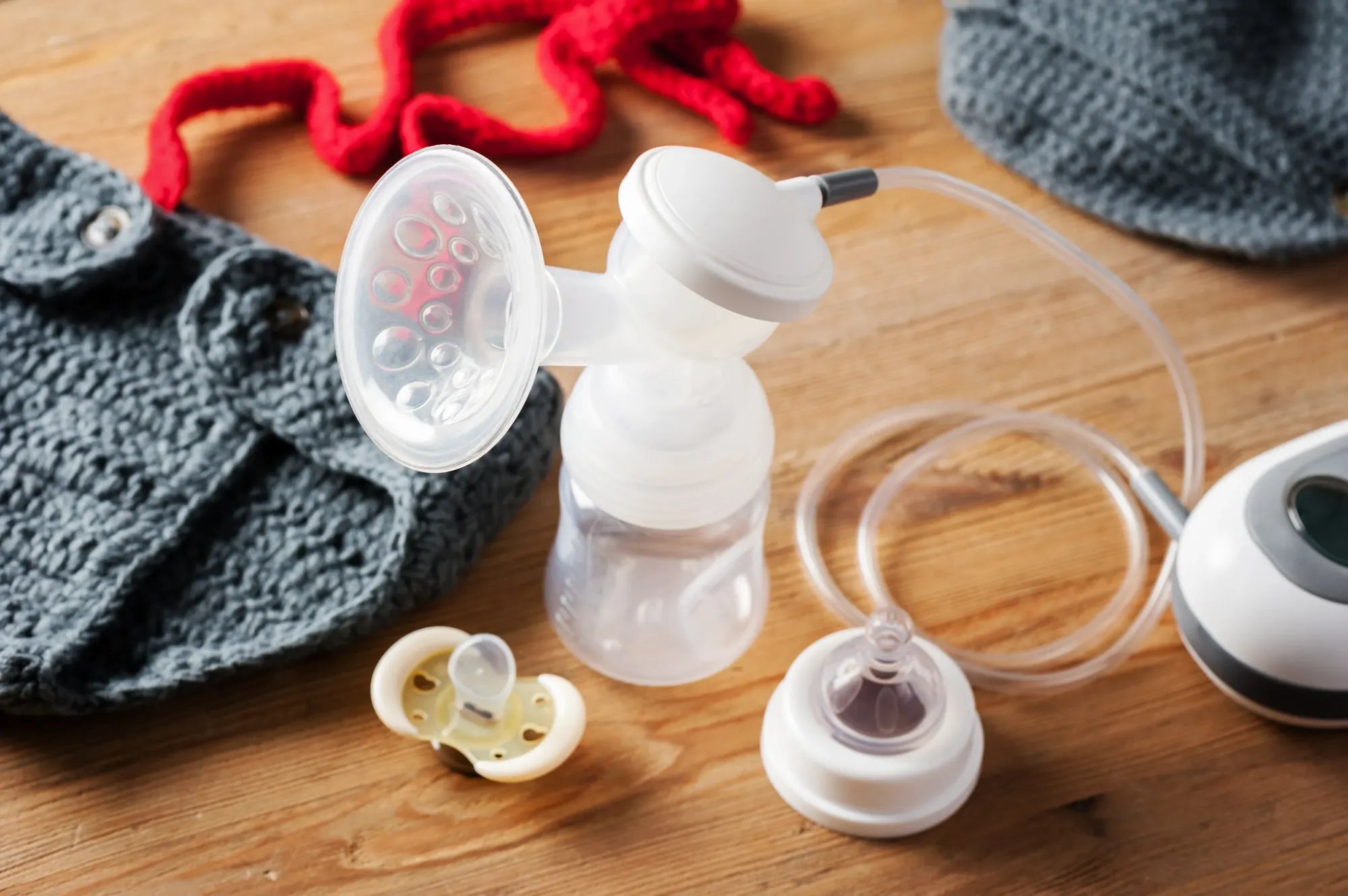Home
Pregnancy, Breastfeeding, and Pumping: The Ultimate Guide for Moms
Is Pumping Breast Milk Considered Breastfeeding? Exploring the Facts

Is Pumping Breast Milk Considered Breastfeeding? Exploring the Facts
When it comes to feeding your baby, the question of whether pumping breast milk is considered breastfeeding often arises. This topic is not only relevant but also essential for parents navigating the complexities of infant nutrition. Let's dive deep into this subject to understand its implications and significance.
Understanding Breastfeeding and Pumping
Breastfeeding is the act of feeding a baby directly from the mother's breast. It is a natural process that provides numerous health benefits to both the baby and the mother. However, modern lifestyles and various circumstances have led to the increased use of breast pumps. Pumping breast milk involves expressing milk from the breasts using a pump, which can then be stored and fed to the baby later.
Is Pumping Breast Milk Considered Breastfeeding?
The answer to this question is not straightforward. While pumping breast milk does not involve direct feeding from the breast, it still provides the baby with the same nutritional benefits as traditional breastfeeding. The World Health Organization (WHO) and other health authorities recognize that expressed breast milk is an acceptable alternative when direct breastfeeding is not possible.
Benefits of Pumping Breast Milk
Pumping breast milk offers several advantages. It allows mothers to maintain their milk supply, especially when they are away from their baby due to work or other commitments. It also enables other family members to participate in feeding, fostering bonding and shared responsibility. Additionally, pumping can be a solution for mothers who experience difficulties with direct breastfeeding, such as latch issues or medical conditions.
Challenges of Pumping Breast Milk
Despite its benefits, pumping breast milk comes with its own set of challenges. It requires time, effort, and proper equipment. Mothers may also face issues such as decreased milk supply, discomfort, or the need to pump frequently to maintain supply. Furthermore, storing and handling expressed milk requires careful attention to hygiene and temperature control to ensure the milk remains safe for the baby.
How Pumping Fits into Modern Parenting
In today's fast-paced world, pumping breast milk has become an integral part of many parents' lives. It offers flexibility and convenience, allowing mothers to balance their professional and personal responsibilities. Pumping also supports the goal of providing breast milk to the baby, even when direct breastfeeding is not feasible. This adaptability is particularly valuable in diverse family structures and lifestyles.
Expert Opinions on Pumping and Breastfeeding
Experts agree that while direct breastfeeding is ideal, pumping breast milk is a viable alternative that still offers significant benefits. Pediatricians and lactation consultants often recommend pumping as a way to ensure babies receive breast milk, especially in cases where direct breastfeeding is challenging. They emphasize the importance of proper technique and hygiene to maximize the benefits of pumping.
Making the Decision: To Pump or Not to Pump
Deciding whether to pump breast milk is a personal choice that depends on various factors, including lifestyle, health, and individual preferences. Parents should consider their circumstances and consult healthcare professionals to make an informed decision. Ultimately, the goal is to provide the best nutrition and care for the baby, whether through direct breastfeeding, pumping, or a combination of both.
Navigating the world of infant feeding can be complex, but understanding the role of pumping breast milk in breastfeeding is a crucial step. By weighing the benefits and challenges, parents can make choices that best suit their family's needs. Whether you choose to pump or breastfeed directly, the most important thing is ensuring your baby receives the nourishment and care they deserve.
Share

